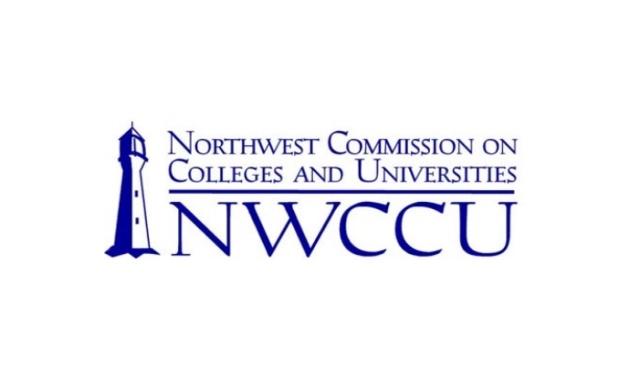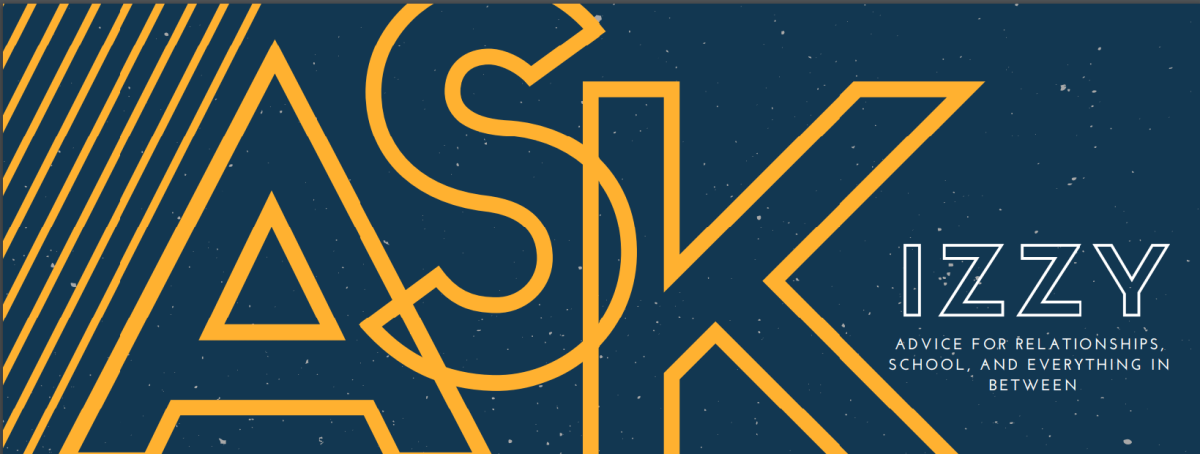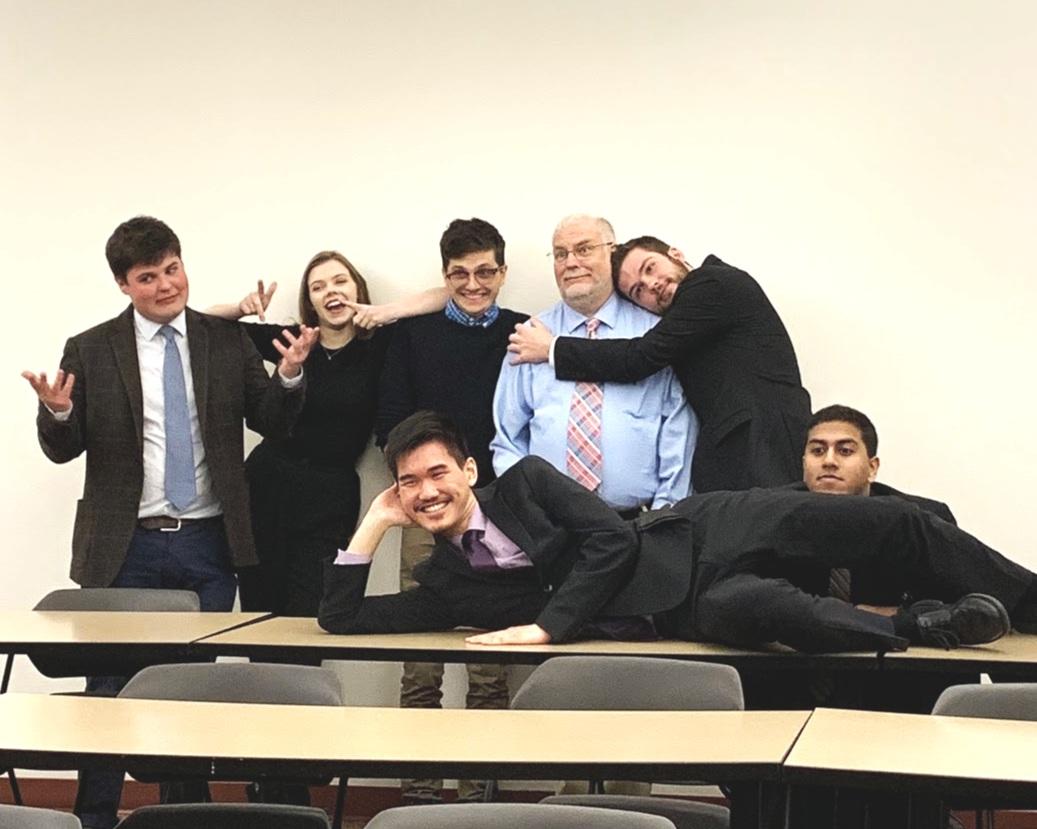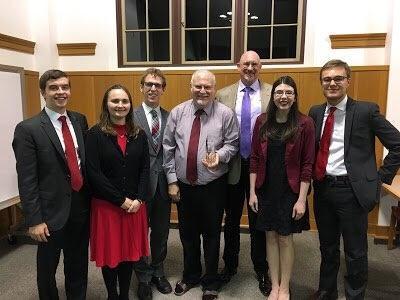
The Northwest Commission on Colleges and Universities, a regional accrediting body for institutes of higher learning, has recently reaffirmed Whitworth as an accredited University. The organization paid a visit to Whitworth in April, which was part of a routine evaluation that occurs every seven years. Following the NWCCU’s April visit, Whitworth received its letter of reaffirmation in July, as well as five commendations and two recommendations.
According to NWCCU’s website, nwccu.org, “Regional accreditation is a process of recognizing educational institutions for performance, integrity, and quality that entitles them to the confidence of the educational community and the public.” Whitworth University has been an accredited with the NWCCU since 1933.
Deanna Ojennus serves as Whitworth’s Accreditation Liaison Officer as well as the Director of Assessment and Evaluation.
“The accreditation cycle is on a seven year cycle, so this [visit] was a big one, this is where they review all the standards. They send a team of peers to the university to review all our materials, and then that team comes up with a list of commendations and recommendations for the university,” she said.
In the NWCCU Peer Evaluator Report, Whitworth was commended on “a strong and uniform sense of mission,” “the thoughtful, collaborative and productive work of faculty and staff through the shared governance structure,” and its “robust use of institutional research, information systems, data analytics, and mathematical models as well as its advanced work related to data security.” The President, Board of Trustees, faculty, and staff were all commended on their strategic planning and efforts to make Whitworth sustainable, and the library was commended on its improvements in faculty, student outreach, space utilization, and other adjustments.
One recommendation was to represent more groups, such as student life, spiritual life, and the Dornsife Center, on key assessment committees. Another was to continue to implement a General Education assessment plan, and to develop a new Gen-Ed assessment plan should the faculty adopt Gen-Ed program revisions.
“We did find some things that we want to be working on, but they were highly complimentary,”Provost Carol Simon said.
Among the standards that universities and colleges are evaluated for through the NWCCU are mission, compliance with guidelines, governance, core themes, and sustainability. These standards can encompass anything from human resources to technological infrastructure.
“Basically we have to meet all of the standards set up by the Commission to show that we are meeting our mission and that we are providing students with a quality education,” Ojennus said.
In order to prepare for the seven-year evaluation, faculty members compiled a 160 page report that contained evidence of criteria such as student learning. According to Ojennus, “the report was a group effort across campus.”
Mark Killian, who is the chairperson of the General Education Assessment Task Force, described the methods that Whitworth used to measure the General Education learning outcomes of its students.
“For example, Core,” Killian said. “One of the outcomes of Core is that students will have knowledge of their own worldview, and so we have to make sure that that’s happening. And how do we do that? We assess assignments in 150, 250, and then of course 350, to make sure that there’s a level of acceptance there.”
He added, “We have different indicators based on student artifacts, and we need to supply data to show that we hit or missed indicators.”
To learn more about the accreditation process, visit www.whitworth.edu/cms/about/accreditation












 Spokane?
Spokane?